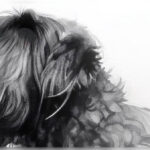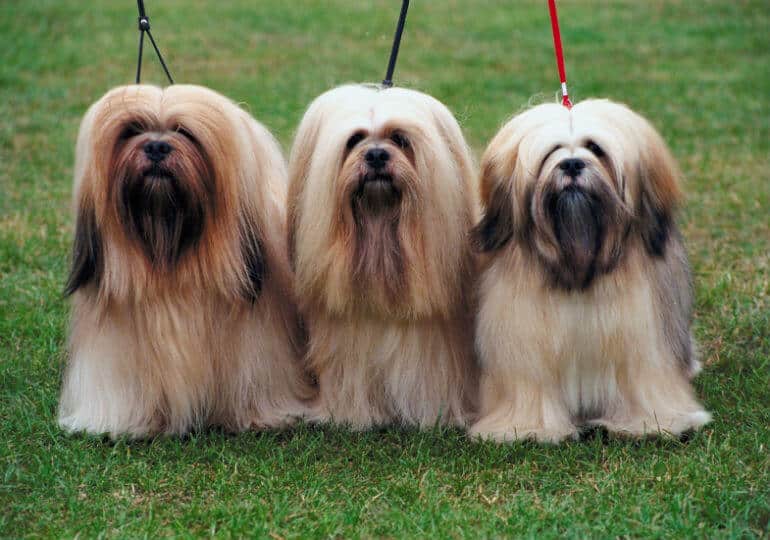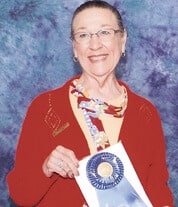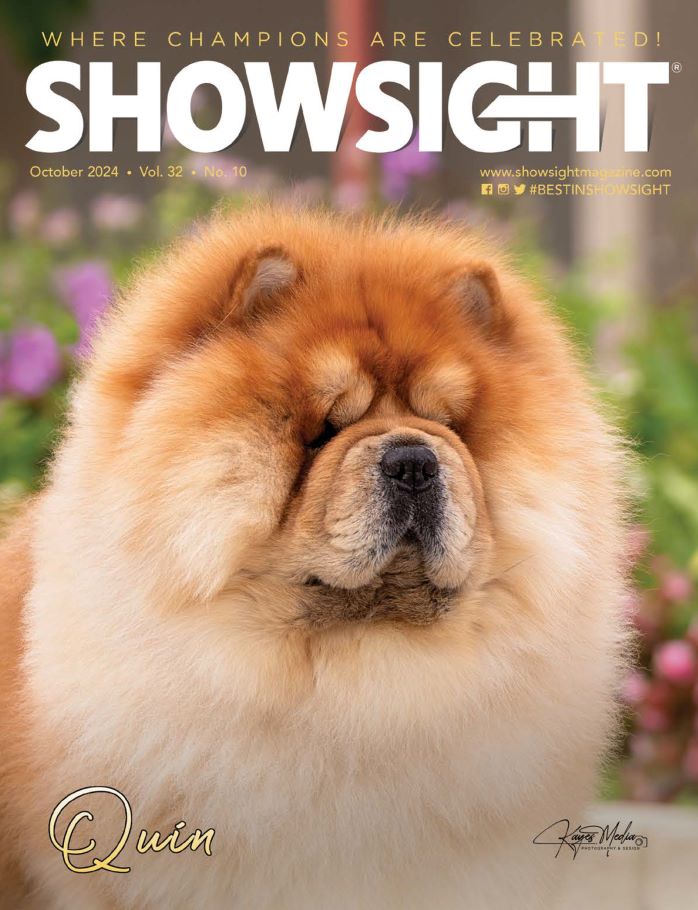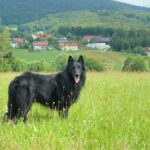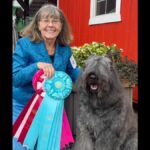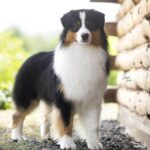Interview with Non-Sporting Group Judge Carolyn Herbel
Where do I live? How many years in dogs? How many years as a judge?
I live on a ranch in rural Oklahoma. I have been in dogs since 1956, judging since 1983.
What is my original breed? What is/was my kennel name?
Carolyn Herbel: My original breed is the German Shepherd; kennel name TABU & XP.
Can I list a few of the notable dogs I’ve bred?
Carolyn Herbel: I have bred 100-plus Lhasa Apso champions, 15-plus Smooth Fox Terrier champions, and 10-plus Cairn Terrier champions.
Any performance or parent club titles?
Carolyn Herbel: These titles include five-plus Lhasa Apso Obedience titles, five-plus German Shepherd Herding titles, one Dual, and one BIS Am. & Can. champion, etc.
What are some of the qualities I most admire in the Non-Sporting Breeds?
Carolyn Herbel: The qualities I admire are the diversity of the breeds, with individual origins.
Have I judged any Non-Sporting Breed/Group Specialties?
Carolyn Herbel: Yes, I have judged many.
Can I speak to the overall quality of the more popular Non-Sporting Breeds/Varieties; Bulldog, French Bulldog, and Standard & Miniature Poodles?
Carolyn Herbel: It is concerning that some of the breeds have lost some of their original type because of excessive grooming techniques or emphasis on cute variations of the original.
What about the overall quality of the more “vulnerable” breeds; Coton de Tulear, Finnish Spitz, Löwchen?
Carolyn Herbel: My opinion for these low-entry breeds is that they are often of better quality than the more established breeds, but they are not always recognized for their quality.
Would I have any advice to impart to newer judges of the Non-Sporting Breeds who come from other Groups?
Carolyn Herbel: Interpret the standards by understanding the words that describe type, not just relying on the generic canine structure.
In my opinion, how do today’s exhibits compare with the Non-Sporting Dogs of the past?
Carolyn Herbel: Too many have put glamor and presentation before correct traits according to the standard.
Why do I think Non-Sporting Dogs can become such outstanding Show Dogs?
Any breed can be an outstanding show dog if it is correct to the standard and is presented correctly.
Carolyn Herbel: I’m not sure that I agree with this question. Any breed can be an outstanding show dog if it is correct to the standard and is presented correctly. Not all show dogs are expected to gait around the ring as fast as many are shown today.
If I could share my life with only one Non-Sporting Breed, which would it be and why?
Carolyn Herbel: It would be the Lhasa Apso because of the breed’s independent nature. They are very much like living with a domestic cat, which is a partnership not a trained slave.
Just for laughs, do I have a funny story that I can share about my experiences judging the Non-Sporting Group?
None that I can think of at this time.
